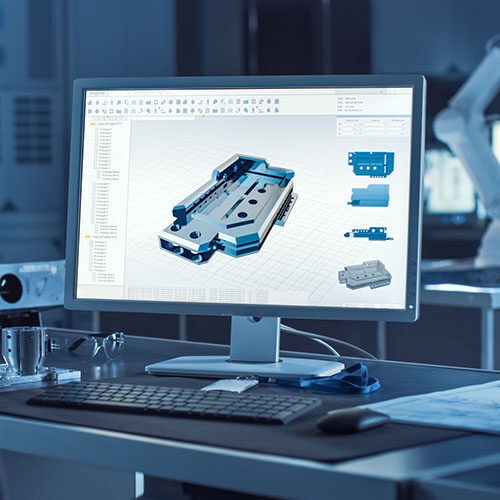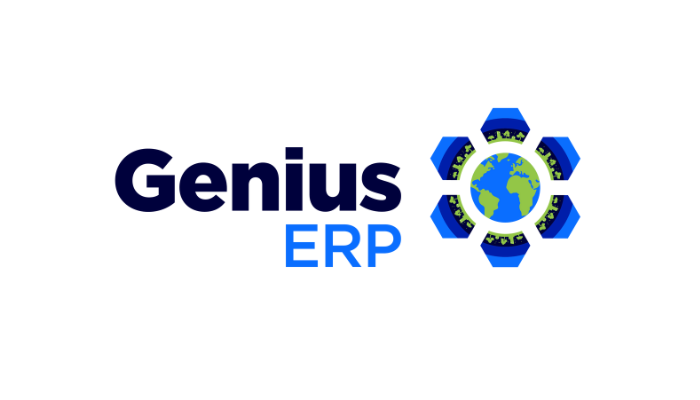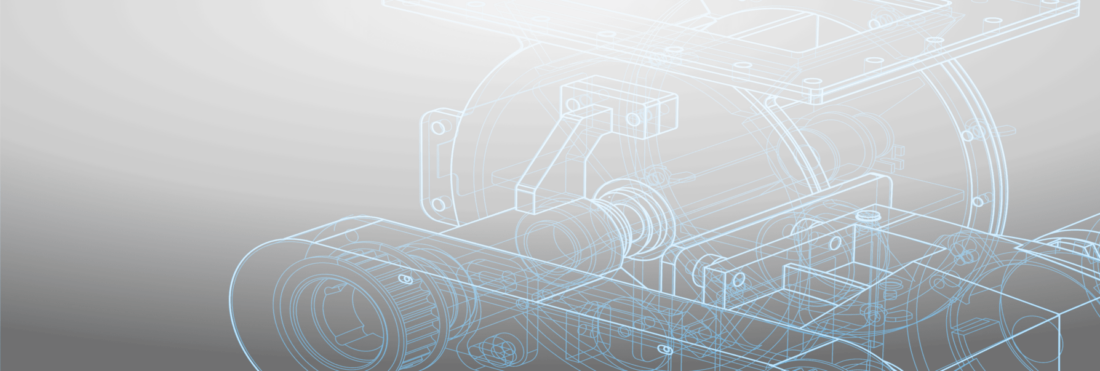
You already know that ERPs enhance visibility, improve your business practices, and increase your shop’s efficiency.
But how do ERPs actually do all of these things?
ERP (Enterprise Resource Planning) software systems are made up of modules that support the various business functions of your company, giving you best-in-class software solutions for every department in your organization, all the while increasing integration and connectivity across your operation.
What Are ERP Modules?
ERPs are integrated systems that run off of a central database — in real-time — to manage all of your business processes. Functionally, they are broken down into different applications, or modules, each with a unique set of tools focused on a different set of business processes. For example, some common ERP modules are accounting, inventory management, human resources management, and purchasing.
While all the modules will have a consistent look and feel about them, each individual module will include specific functionalities that address a particular business need. For example, an ERP accounting module will consist of a full-suite accounting software package.
The beauty of an ERP solution is that not only will each of your departments have access to best-in-class software tailored to their specific needs, but also — because the modules are grounded within the same system — information can flow freely between modules, connecting your entire organization.
Real-time data and connectivity facilitates information flow between all business functions, improves your shop’s performance, and allows you to make better, more informed decisions about your business.
Another great thing about ERP modules is that, essentially, you can create a customized ERP solution tailored directly to your business’s needs.
When you purchase and implement an ERP system, you can choose which ERP modules you want and need to efficiently and effectively run your business. For instance, if you are a custom manufacturing shop that does many engineer-to-order jobs, you can choose to use a Product Engineering Module designed specifically for these types of shops. Or if you do a lot of service jobs, you can select a Field Services Module that makes it easy to manage service jobs and other fieldwork.
ERPs offer amazing flexibility to create the exact software system your organization needs to improve every aspect of your operations.
Most Common ERP Modules
Of course, choosing the right ERP modules is up to you and your business needs, but below, are the most common ERP modules for custom manufacturers:
Human Resource Management Module
An HR management module will allow you to manage all of your HR needs, including things like payroll and tracking employee time cards.
One of the greatest advantages of using an employee management module within an ERP system is that is helps manufacturers know their true costs by understanding how many person-hours a job takes. With this type of integrated software, you will automatically distribute your HR costs to jobs, and easily break down your employee’s hours to accurately calculate your production costs, giving you a greater understand of your true job costs.
Inventory Management Module
An inventory management module will let you track all of your inventory needs, control your costs, and replenish stock based on actual demand — all within one simplified and fully integrated system.
ERP inventory management software lets you keep tabs on your inventory down to the serial number. For every item in your inventory, you will always know how many are reserved for a job, how many are available, how many are currently in production, and how many are on-order — to avoid production interruptions and eliminate surprise material shortages.
Good ERP inventory management systems are multi-warehouse and multi-location, letting you keep track of inventory throughout your operation.
Supply Chain Management Module
ERP supply chain management lets you manage your supplier and vendor relationships in a system that is synced with all of your projects and your inventory — allowing you to control everything from one place. You will improve relationships with your vendors, streamline purchasing processes, as well as ensure that you always have the right materials on hand.
ERP systems let you manage all your interactions with vendors in a single system — including quote requests, purchase orders, receiving, and invoicing — to better control costs. Easily evaluate vendors on several factors like on-time delivery, quality, and cost, guaranteeing that you always choose the right supplier for every job.
Finance and Accounting Module
ERP systems will give you a full-featured, multi-company, multi-currency accounting and financial management system that is easy to use — and in sync with the rest of your business.
Using a single system that is fully integrated from quote to payment eliminates the need to operate and maintain parallel systems. Real-time data and fully customizable dashboards allow you to easily manage all of your accounting and financial management operations from one place. With all financials in a single database, accounting staff won’t spend hours cross-referencing, re-entering, or reconciling data manually — and will have more time to focus on delivering critical reports and other vital tasks.
Customer Relationship Management (CRM) Module
A CRM is an indispensable tool for managing the sales process for custom manufacturers.
CRM modules incorporate many features that make managing the sales process easier, including a personalized sales dashboard for handling customer information, leads, and opportunities, as well as marketing automation tools to create marketing campaigns and mass emails. A CRM is also a valuable tool for managing the relationship you have with your current customers. Having more information about your customers can help you communicate more regularly and effectively with them, which will lead to a stronger relationship.
—-
Looking to learn more ways an ERP can improve your business? Check out some of these articles:
5 ERP Features & Benefits Custom Manufacturers Need
Get your eBook Scared to implement a new ERP?
"*" indicates required fields



